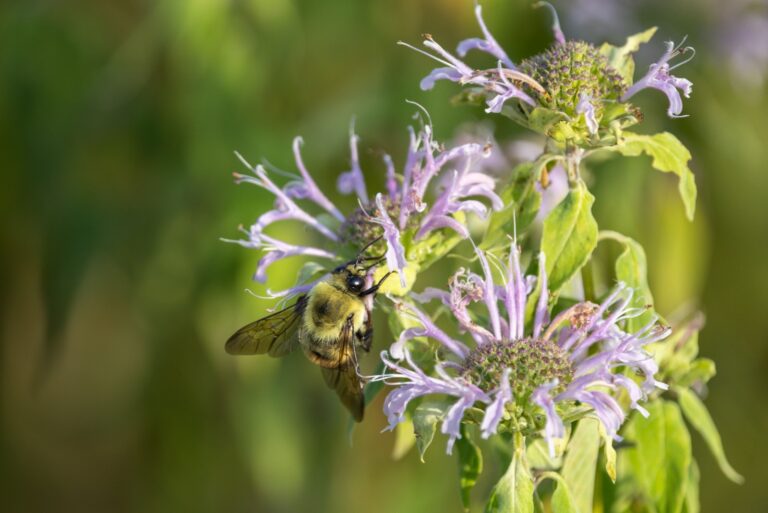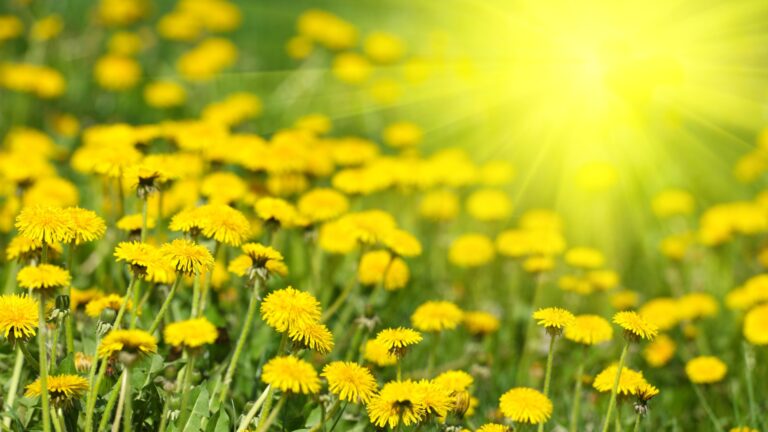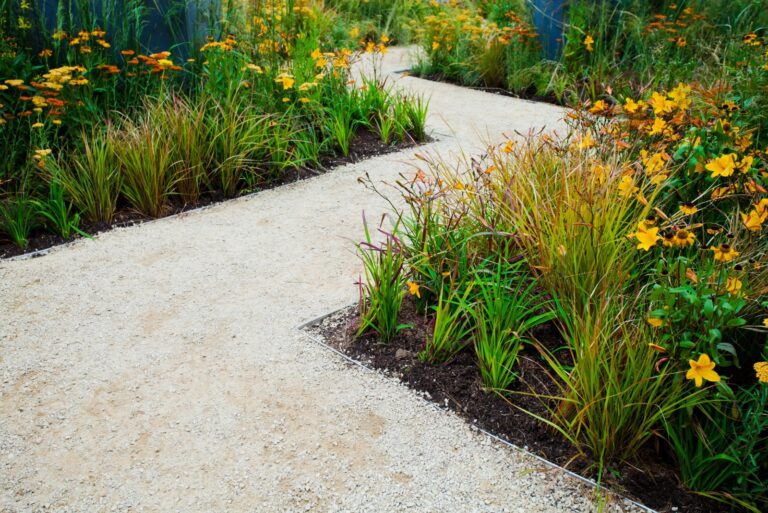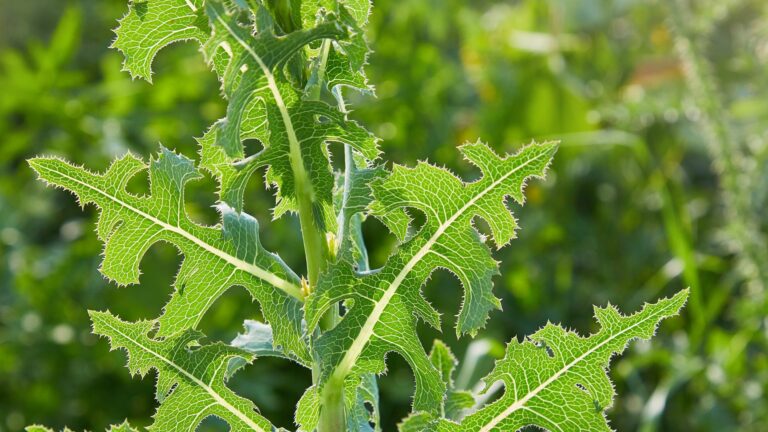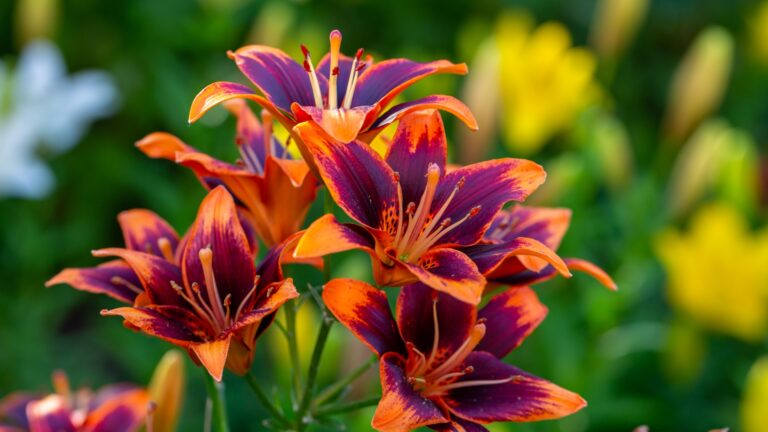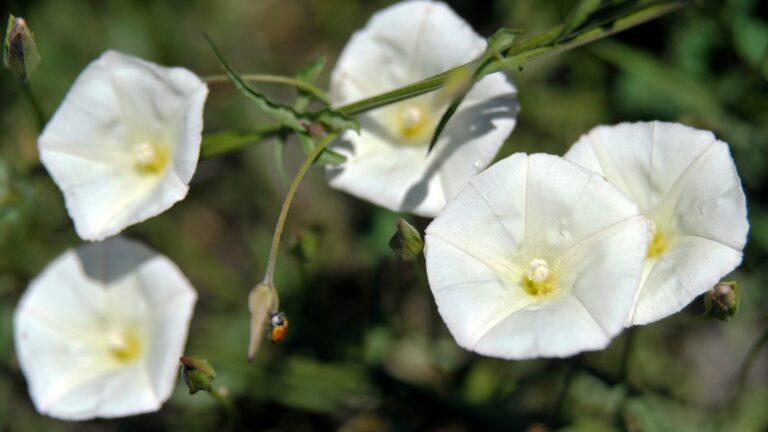Can Vinegar Really Kill Weeds? What You Need To Know And How To Use It Effectively
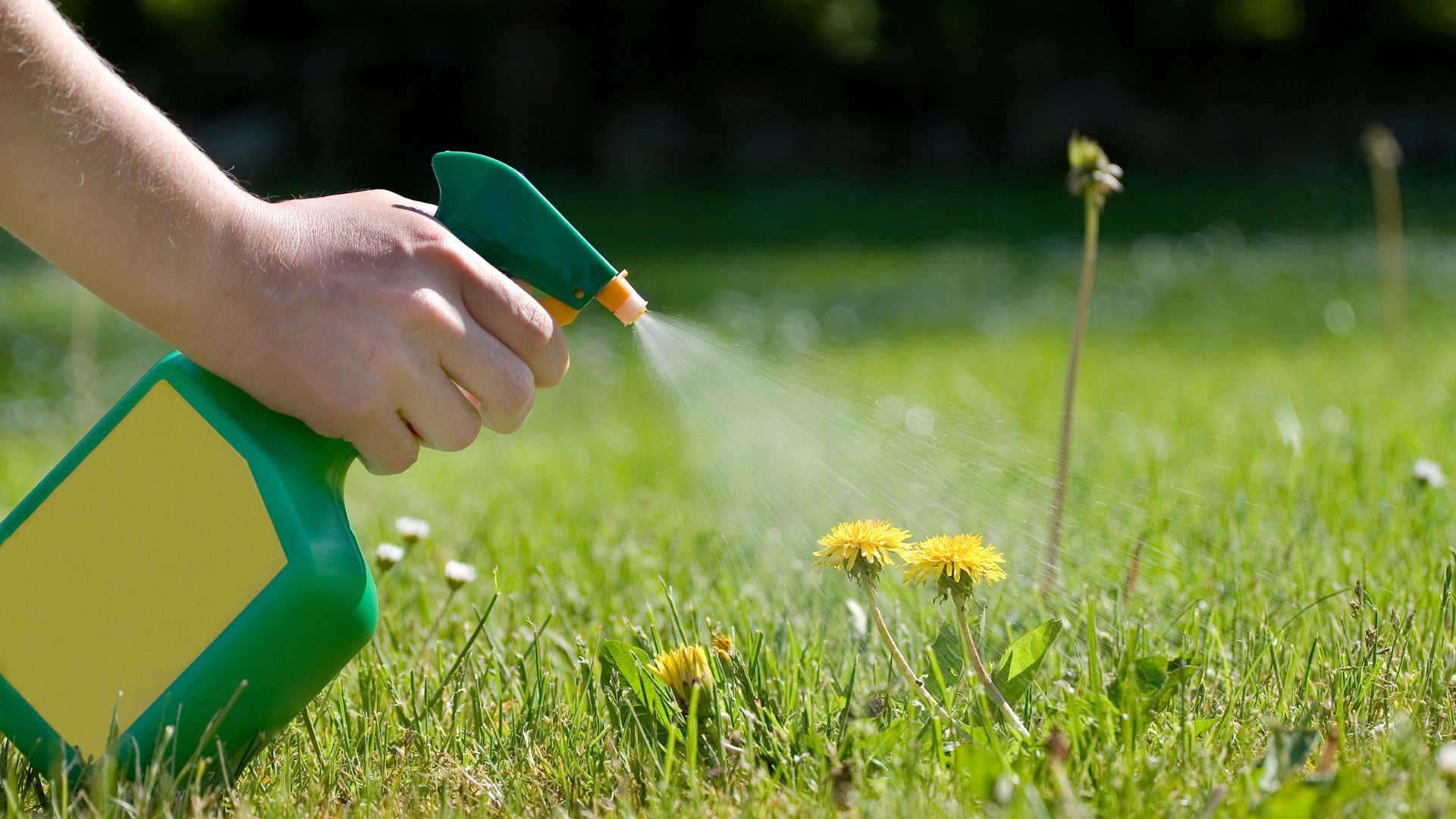
In my search for a weed-free garden, I kept hearing about vinegar as a potential game-changer. But can something as simple as this kitchen staple really take down those stubborn weeds?
I decided to dive in and learn all I could, and now I’m here to share some things you need to know about using vinegar to control weeds effectively.
So, grab a cup of coffee (or tea!) and let’s explore this tangy solution together. I think you’ll be surprised by how useful it can be! Who knew this everyday item could work wonders in the garden?
1. What Vinegar Does To Weeds
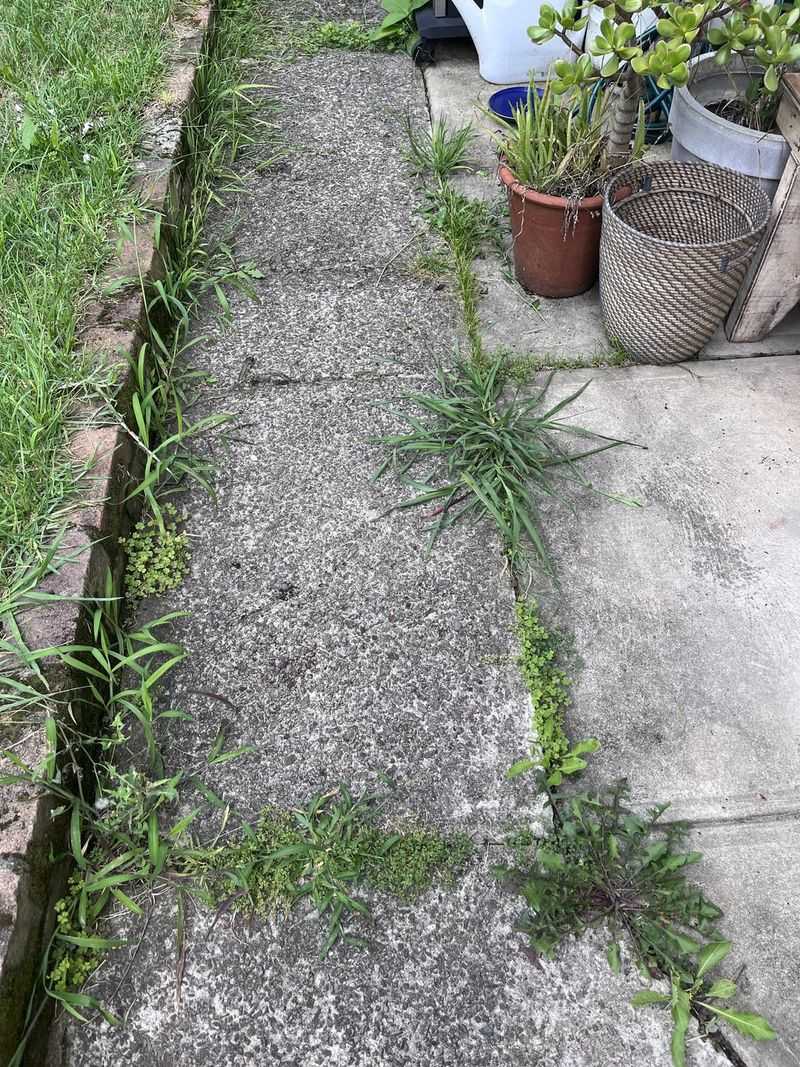
Ever wondered why vinegar might be the weed’s worst nightmare? The acidic nature of vinegar strips away the protective outer layer of the weeds, making them vulnerable to the elements.
Have you noticed how a splash of vinegar can clear your sinuses? Well, imagine what it does to those unwelcome garden intruders. This acidic assault shrivels them up, leaving your garden beds looking tidy and blissfully weed-free.
It’s a simple yet effective way to deter growth, although it may require a few applications to see the full effect. Can your weeds handle the heat? Let’s find out!
2. The Science Behind Vinegar As A Weed Killer
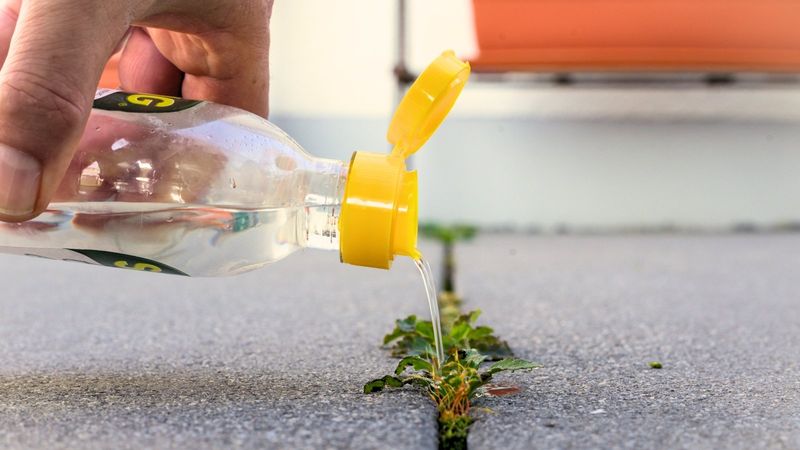
You might be curious about why vinegar works so well. The secret lies in its acidity, specifically the acetic acid content.
Regular household vinegar usually contains around 5% acetic acid, while horticultural vinegar can have up to 30%. This acid basically sucks the life out of the weed, causing it to wither and die. It’s kind of like kryptonite for weeds!
When the acetic acid is applied, it disrupts the cellular membranes, causing the plant to dry out. It’s a humble yet powerful tool in your weed-killing arsenal.
3. Which Weeds Does Vinegar Kill?
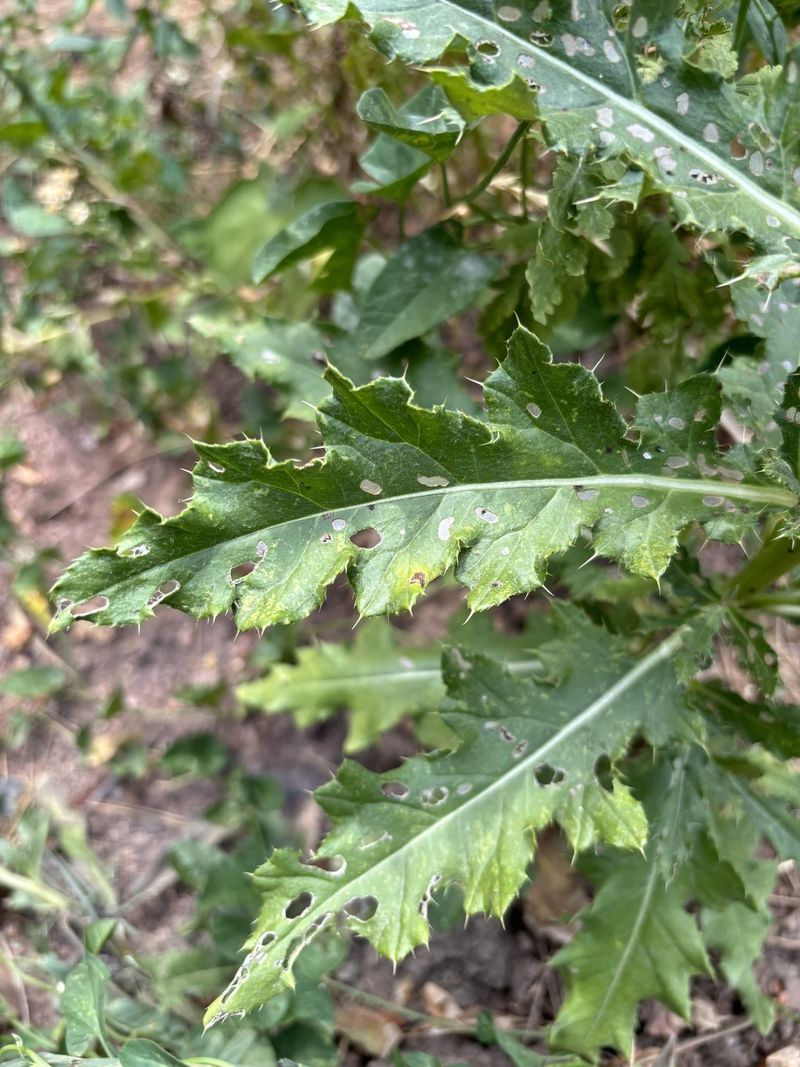
In my gardening adventures, I’ve found that vinegar is most effective on young, tender weeds. Think dandelions, clover, and thistle.
These weeds have softer outer layers, making them more susceptible to vinegar’s acidic kick. I’ve also noticed it works wonders on the cracks in driveways where pesky little sprouts insist on thriving.
However, don’t expect it to tackle the more robust weeds like crabgrass. For those, you might need something a bit stronger. But for those tender sprouts, vinegar is like a garden ninja, stealthily taking them down.
4. Choosing The Right Vinegar For Weeds
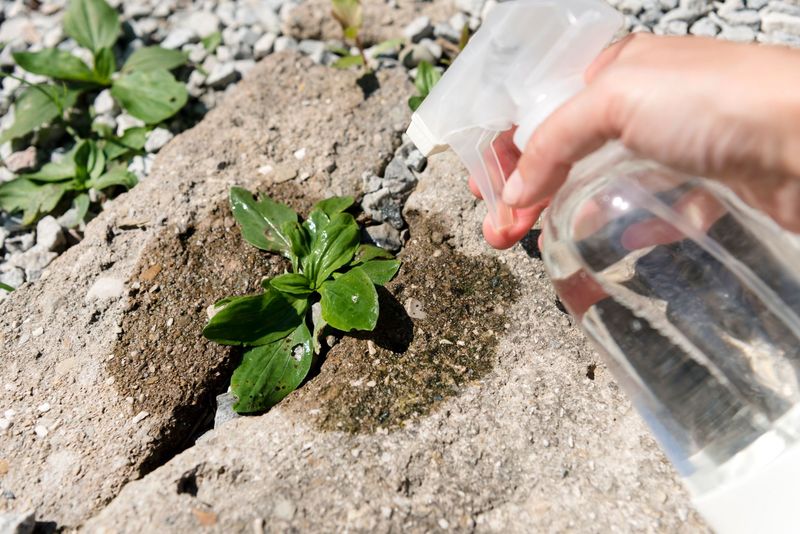
Not all vinegars are created equal in the war against weeds. Regular household vinegar might do the trick for minor invasions, but if you’re dealing with a full-blown weed riot, you may want to upgrade to horticultural vinegar.
This option has a higher acetic acid content, typically 10-30%, which offers a more potent punch. While it’s tempting to grab the cheapest bottle, remember that your choice can impact the results.
It’s like choosing between a water gun and a fire hose when putting out a fire. Choose wisely, and your garden will thank you!
5. How To Apply Vinegar For Best Results
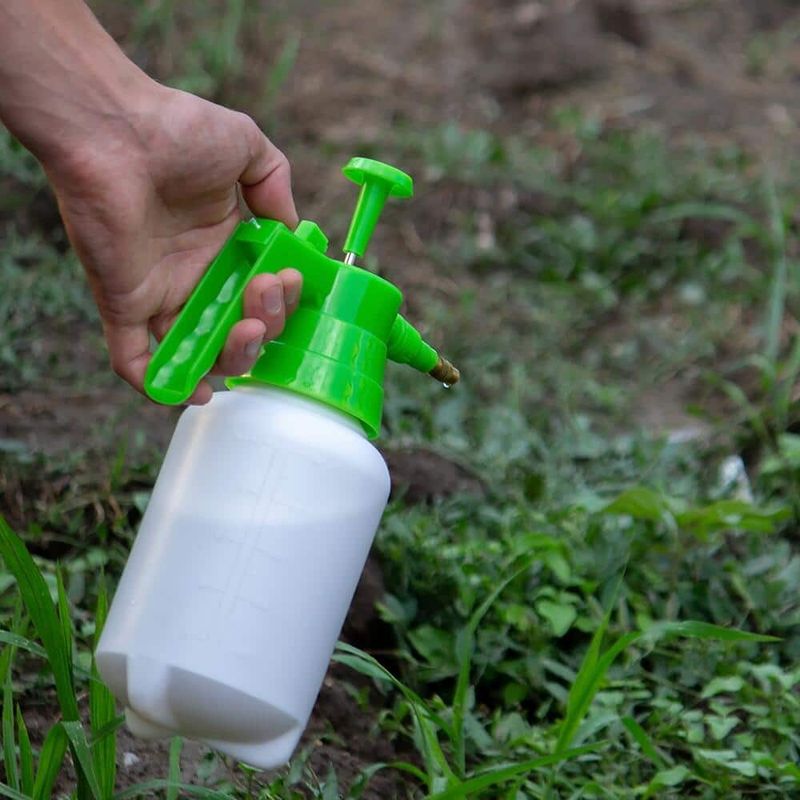
Have you ever considered the best way to douse your weeds with vinegar? It’s not as simple as a sprinkle!
First, ensure you’re targeting on a sunny day, because sunlight helps to activate vinegar’s powers. Simply spray the vinegar directly onto the leaves of the weeds. For the best results, ensure the weeds are thoroughly coated without drenching the soil.
It’s a matter of precision and patience. Have a pesky patch of stubborn weeds? Go ahead and give them a second round. Remember, persistence is key in this battle.
6. When To Use Vinegar On Weeds
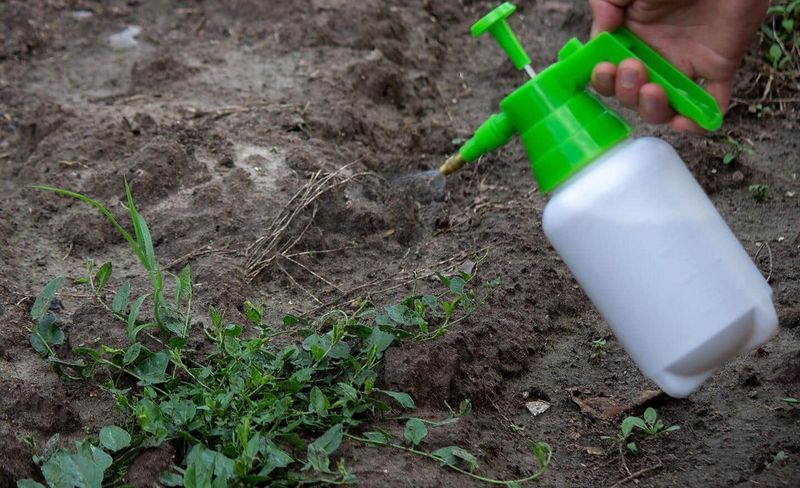
Timing is everything, especially when wielding vinegar against weeds. In my own experience, I’ve found mornings on sunny days work best.
The combination of vinegar and sunlight delivers a double whammy to unsuspecting weeds. Avoid applying before a rainstorm; otherwise, you’ll just wash away your efforts. If you spot a patch of weeds, seize the moment! Early action can prevent larger problems down the road.
Think of it as weeding with a side of sunshine. It’s all about getting the timing just right for maximum impact.
7. The Pros And Cons Of Vinegar As A Weed Killer
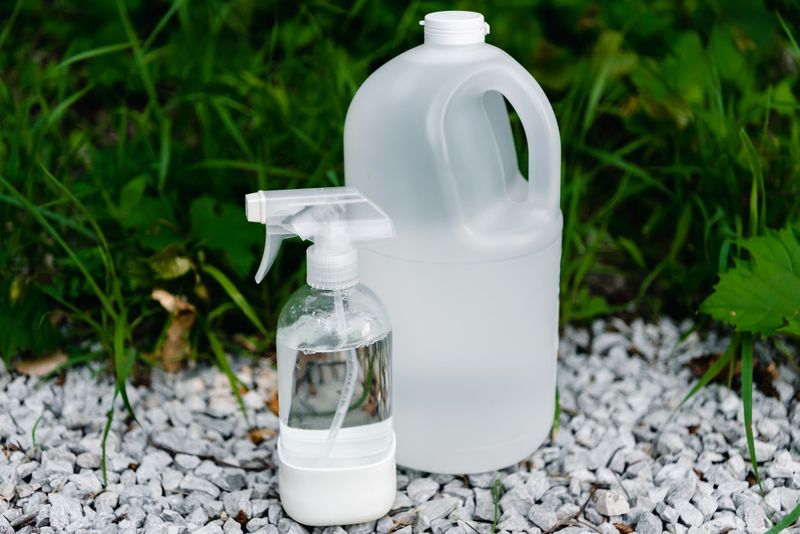
Let’s chat about the upsides and downsides of using vinegar as a weed assassin. On the plus side, it’s natural, eco-friendly, and readily available.
Who doesn’t love a solution that’s already in the kitchen cupboard? Plus, it’s non-toxic to pets and kids once it dries. However, the downside includes its non-selective nature – it doesn’t discriminate between weeds and your prized plants.
It may also require multiple applications, especially for tough weeds. Is it worth trying? Absolutely, but with a few precautions in mind.
8. Vinegar Vs Commercial Herbicides
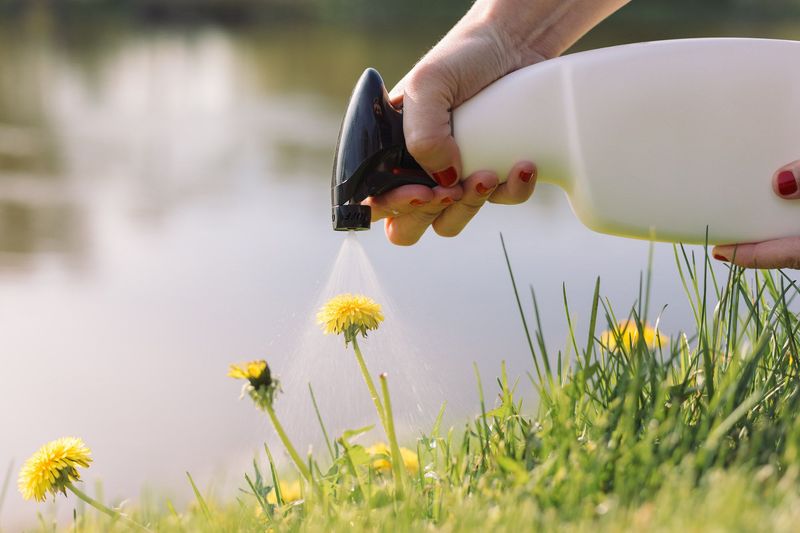
In the battle of vinegar versus commercial herbicides, who wins? Well, that depends on your priorities. Vinegar offers a natural, non-toxic alternative to chemical herbicides.
If you’re aiming for a green, sustainable approach, vinegar is your friend. However, commercial herbicides are often more potent and provide quicker results, capable of tackling larger infestations. If fast action is your goal, they might be more effective.
Consider vinegar for small-scale control and herbicides for bigger challenges. It’s like choosing between a trusty bicycle and a high-speed train—both have their place!
9. Safety Tips For Using Vinegar
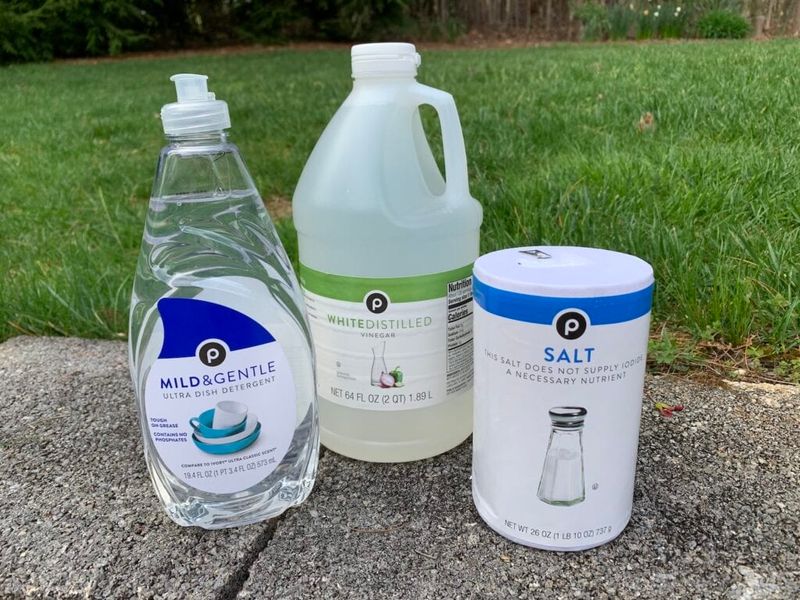
Thinking of using vinegar in your garden? Safety first! It’s easy to overlook, but vinegar can be irritating to skin and eyes. Wearing gloves and goggles can prevent accidental splashes from turning into painful mishaps.
Also, remember to keep the vinegar away from your beloved plants, as it doesn’t distinguish between friend and foe. A little wind can carry droplets to unintended places.
Protect yourself and your plants, and you’ll be well on your way to a safer weeding experience. Who knew safety gear could look so stylish?
10. How To Avoid Damaging Your Plants
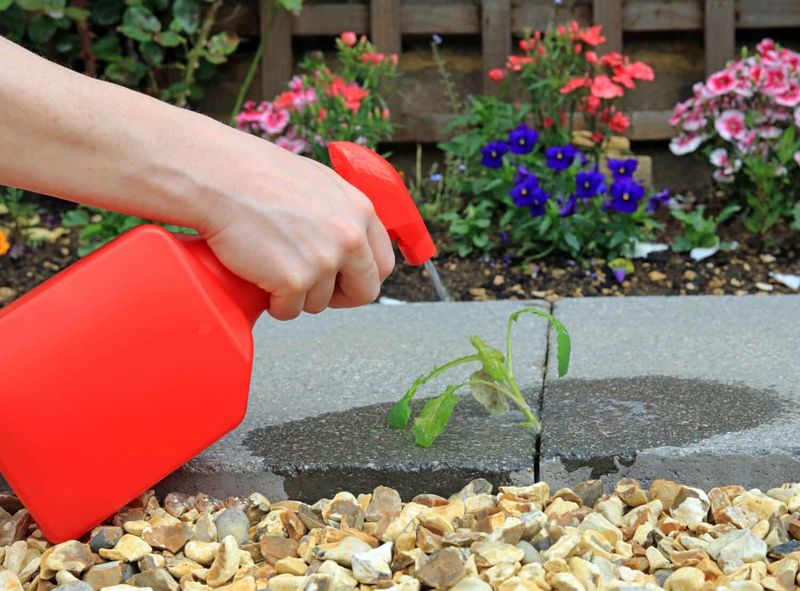
It’s crucial to keep your cherished plants safe while targeting weeds. One trick is using a shield, like a piece of cardboard, to block vinegar from splashing onto your plants.
Personally, I find focusing the spray on individual weeds helps minimize collateral damage. Adjusting your spray nozzle to a fine mist can prevent overspray from landing on non-targeted areas. Consider the wind direction, too.
There’s nothing quite like a gust of wind to ruin your careful efforts. With a bit of caution, you can protect your garden’s treasures while battling the weeds.
11. Other Natural Weed Killers To Try
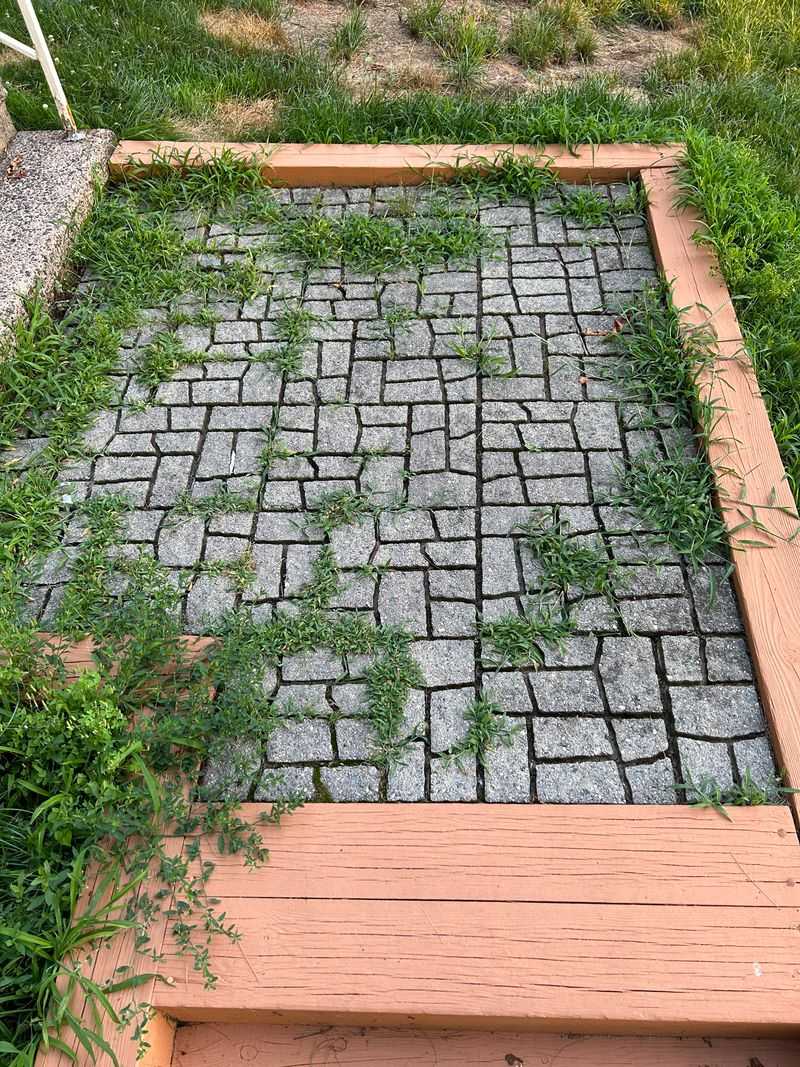
While vinegar is a strong contender in the natural weed killer category, there are other household champions you might consider. In my own backyard, I’ve experimented with salt and boiling water, both effective in their own right.
Salt dehydrates weeds, while boiling water cooks them alive. Then there’s the classic soap-vinegar combo for even more punch. Each method has its unique charm and can be experimented with based on what you have on hand.
Nature’s cupboard is more stocked than you might think, and a little creativity goes a long way.
12. How Often To Apply Vinegar
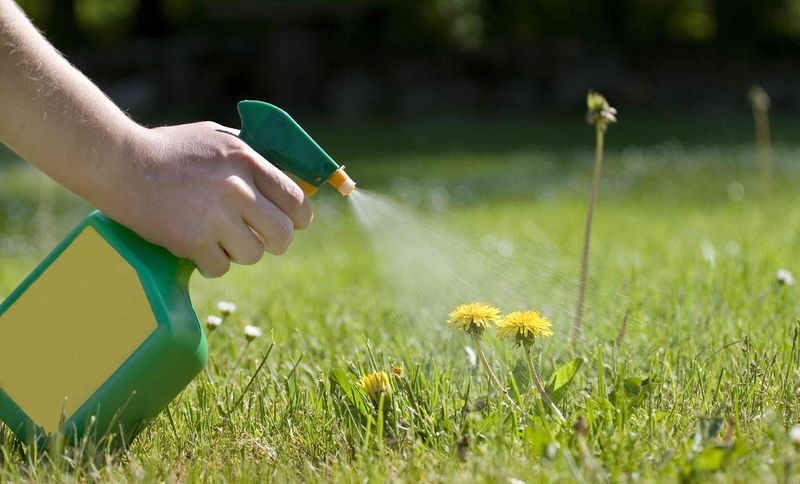
Curious about how often to launch a vinegar assault on your weeds? I recommend starting with one application and observing the results.
Depending on the weed’s resilience and weather conditions, you might need to reapply every couple of weeks. Some stubborn weeds might require more frequent attention but remember not to overdo it.
Excessive vinegar can harm the soil and surrounding plants. Patience and moderation are key. It’s all about finding that sweet spot that keeps your garden free of weeds without causing collateral damage.
13. Why Vinegar Isn’t Always The Ultimate Solution
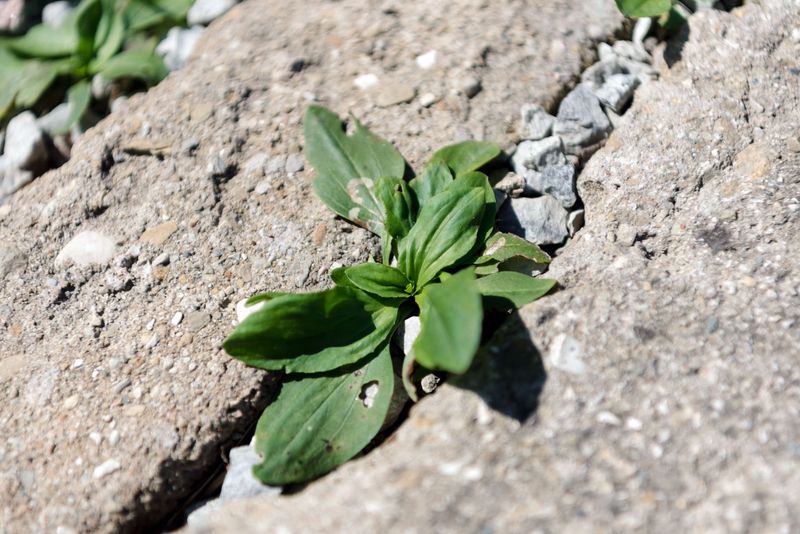
Why might vinegar not be the all-encompassing solution you hoped for? One word: persistence. Weeds can be tenacious creatures, and sometimes vinegar lacks the staying power to keep them down for good.
In tough cases, vinegar might only serve as a temporary fix, requiring repeated applications. It’s also less effective on mature, deep-rooted weeds.
So, while vinegar is a valuable tool in your gardening toolkit, it’s not the magic wand for all weed woes. Have you considered combining methods? Mixing vinegar with other strategies can yield better results.
14. How To Mix Vinegar For Weed Control
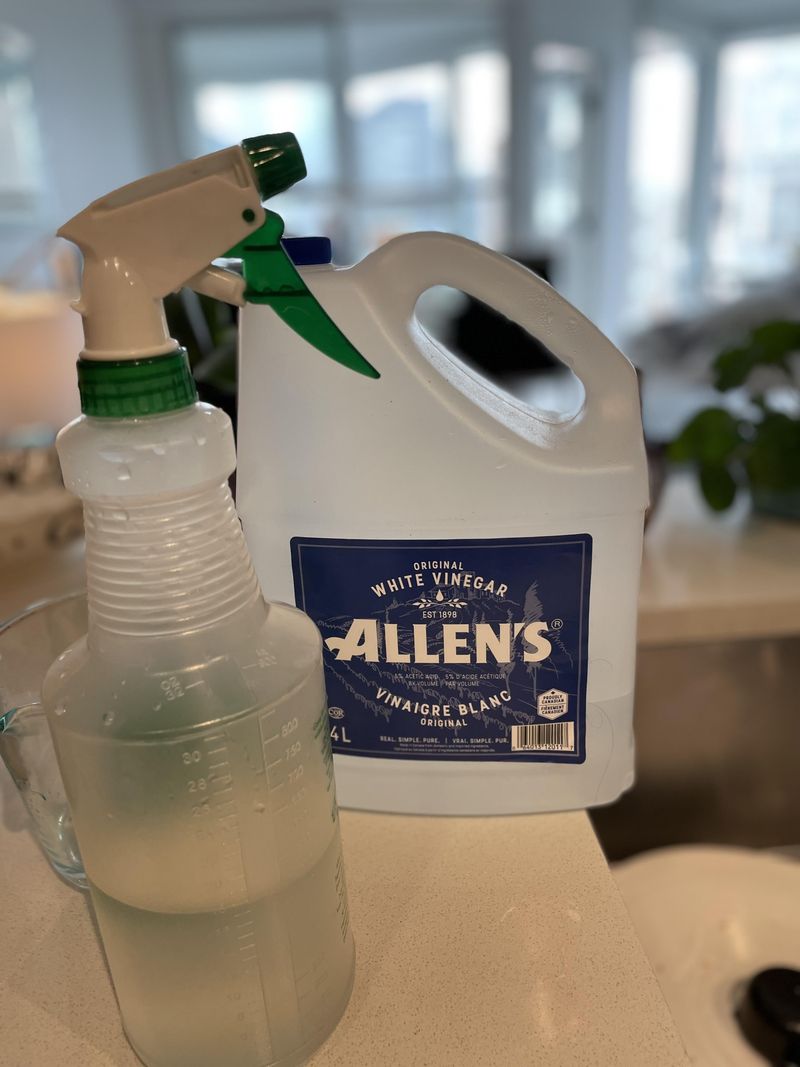
If you’re ready to mix up some vinegar magic, here’s a recipe to try. Combine one part vinegar with one part water for a gentler solution. For tougher weeds, go full strength with undiluted vinegar.
Adding a few drops of dish soap can help the solution stick to the leaves, enhancing its effectiveness. It’s like creating a custom cocktail for your garden’s needs.
Remember, though, that stronger isn’t always better. Use the mix wisely, and your garden will be singing your praises—or at least looking weed-free.
15. Is Vinegar Safe For The Environment?
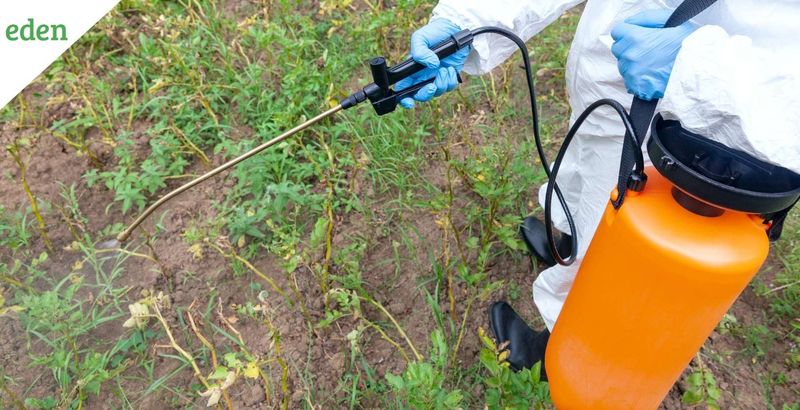
In my gardening escapades, I’ve often pondered the environmental impact of my choices. Vinegar stands out as an environmentally friendly option. It’s biodegradable and breaks down quickly, reducing the risk of contamination.
However, caution is advised when using it in areas where beneficial plants and insects thrive. While it’s less harmful than chemical herbicides, vinegar isn’t completely without impact.
Responsible use ensures that you’re not just protecting your garden, but also the wider ecosystem. Is it a perfect solution? Perhaps not, but it’s certainly a step in the right direction.
16. Other Uses For Vinegar In The Garden
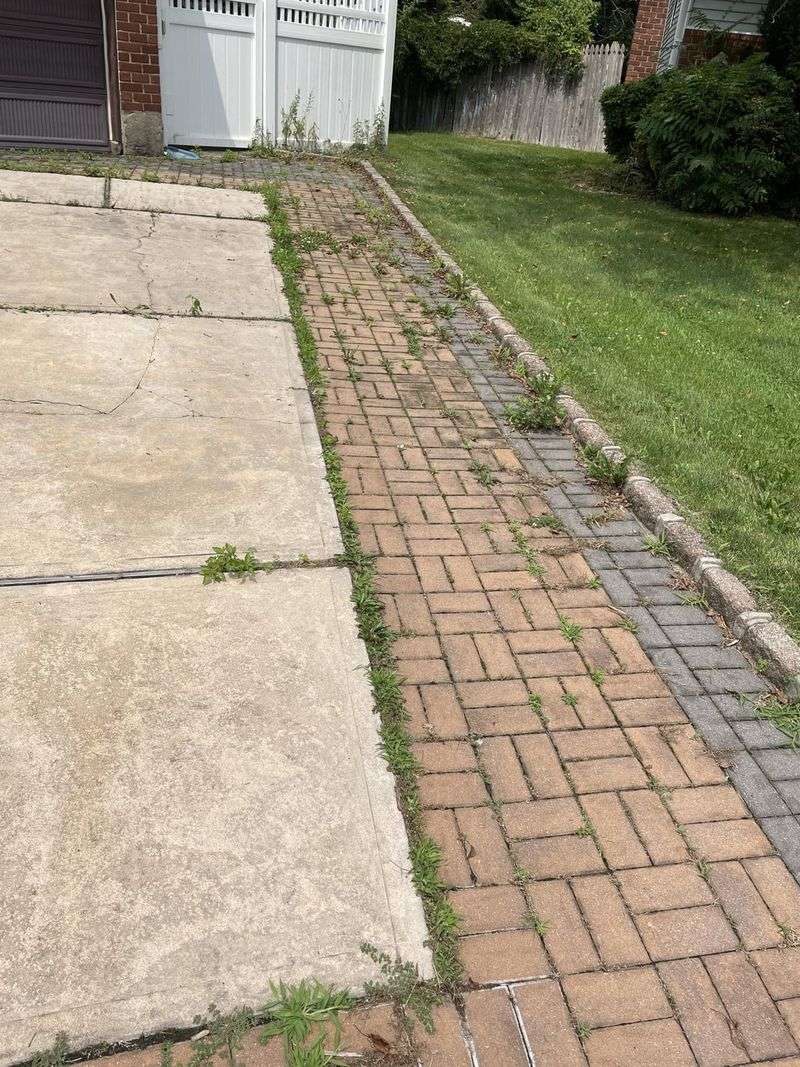
Have you ever wondered what else vinegar can do in your garden? Besides tackling weeds, vinegar can clean gardening tools, repel ants, and even deter cats from using your flower beds as their personal litter box.
It’s a versatile ally in the battle for garden supremacy. It can also lower the pH level of your soil, which is beneficial for acid-loving plants. Think of it as the Swiss army knife of garden solutions.
The possibilities are endless, making vinegar an invaluable resource beyond just weed control.
17. Can Vinegar Kill Weeds Permanently?
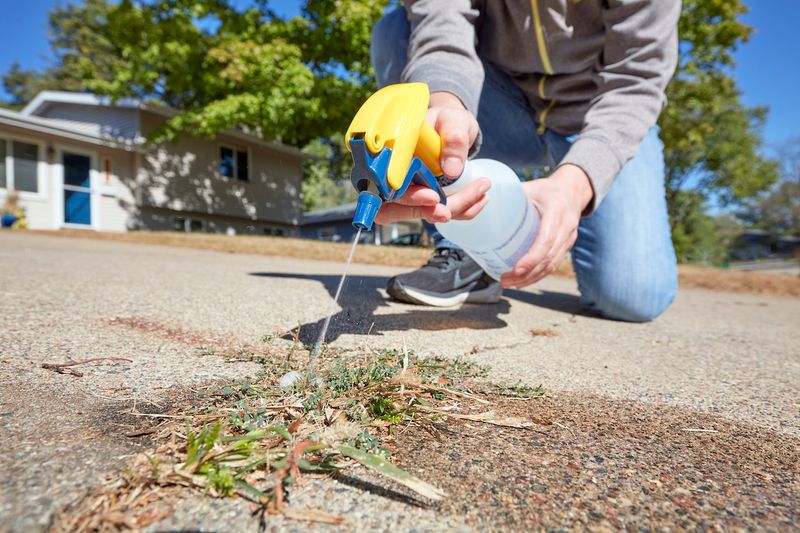
Is vinegar the permanent weed solution we’ve all been dreaming of? Unfortunately, that’s not always the case. While vinegar effectively kills the leaves of the plant, it doesn’t penetrate to the roots, which can result in regrowth.
Repeated applications can help weaken the plant over time, but for deep-rooted weeds, it may not be enough. It’s more of a temporary setback for the plant rather than a permanent eviction.
However, with persistence and proper technique, you can keep those pesky invaders at bay.
18. How To Protect Your Lawn From Vinegar
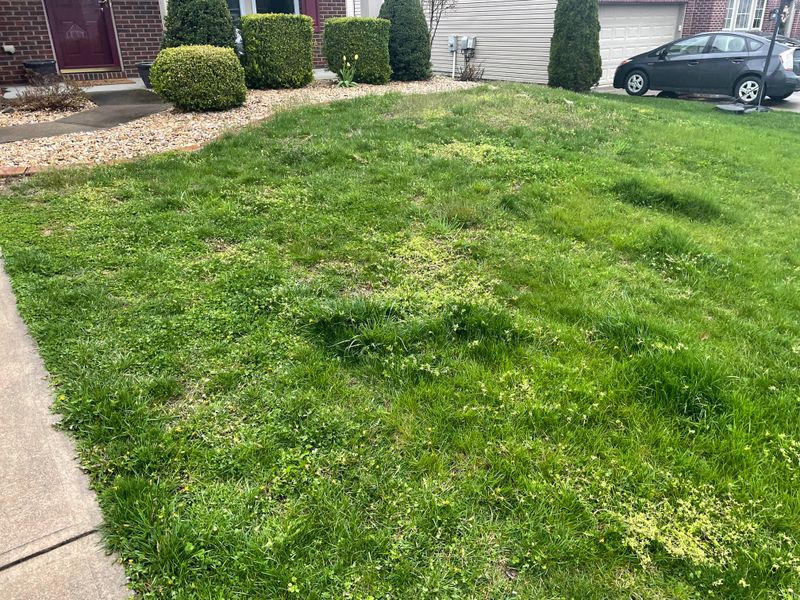
Planning to use vinegar but worried about your lawn? Here’s how to shield your grass. Avoid applying vinegar on windy days, as it can drift onto your lawn. Use a barrier or target individual weeds with a precise spray.
For added protection, water your grass before applying vinegar nearby. The moisture can help shield it from accidental exposure.
It’s all about precision and protection, ensuring your lawn stays lush while you tackle those weeds. A little caution can go a long way in maintaining a happy, healthy lawn.
19. Best Practices For Using Vinegar In Garden Beds
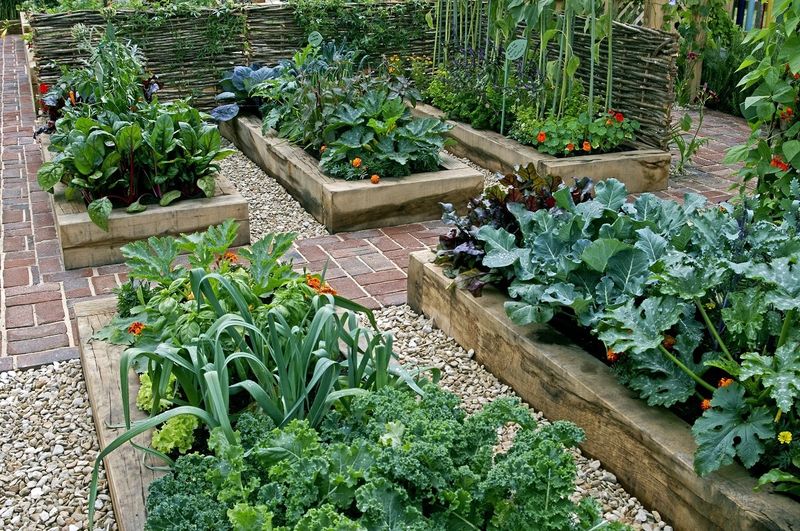
In my gardening journey, I’ve discovered that using vinegar in garden beds requires strategic planning. Focus on targeting specific weeds rather than a broad application, which can harm your precious plants.
Consider using a spray bottle with an adjustable nozzle for precision. And remember to cover or move any delicate plants before application. It’s all about minimizing risk and maximizing effect.
With a careful approach, vinegar can be a trusty ally in your mission for a weed-free garden bed.
20. Limitations Of Vinegar As A Weed Killer
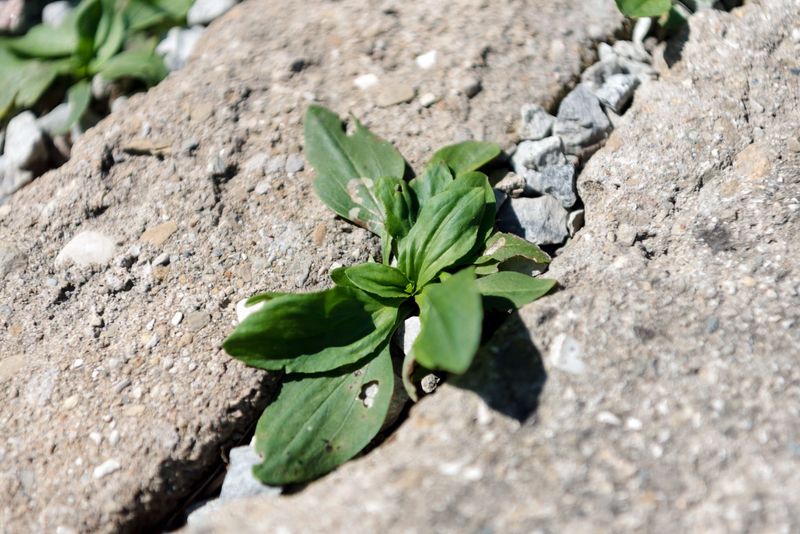
While vinegar is a versatile weed killer, its limitations are worth noting. It’s most effective on young or annual weeds, and less so on perennial or mature ones.
Vinegar doesn’t discriminate between weeds and plants, so care is needed to avoid collateral damage. It may also require multiple applications to achieve desired results.
Understanding these limitations can help manage expectations and create a more effective weed control strategy. Vinegar is a tool, not a miracle, but used wisely, it can still be a helpful part of your gardening arsenal.
21. Can Vinegar Prevent Weeds?
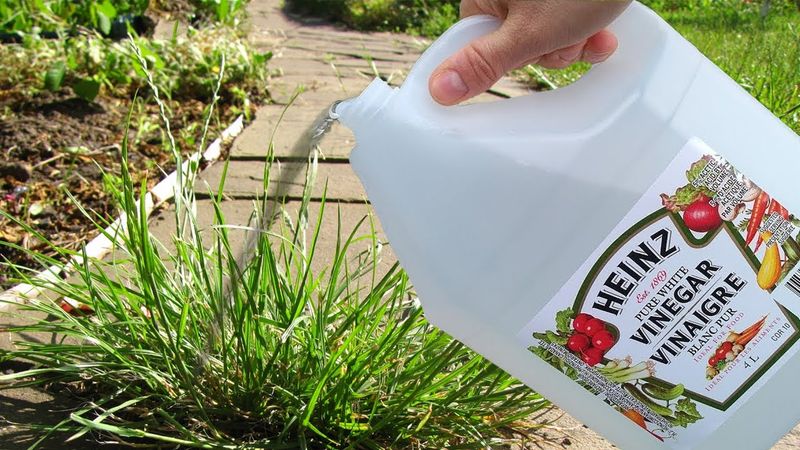
Wondering if vinegar can keep future weeds at bay? In theory, vinegar could prevent seeds from germinating due to its acidity, but its effects are temporary.
Applying vinegar preemptively can deter some growth, but it’s not a foolproof prevention method. Regular monitoring and maintenance are key to keeping your garden weed-free.
Think of vinegar as part of a larger prevention plan, rather than a standalone solution. It’s a valuable player in the game, but not the only one needed for total victory.
22. Using Vinegar On Different Surfaces
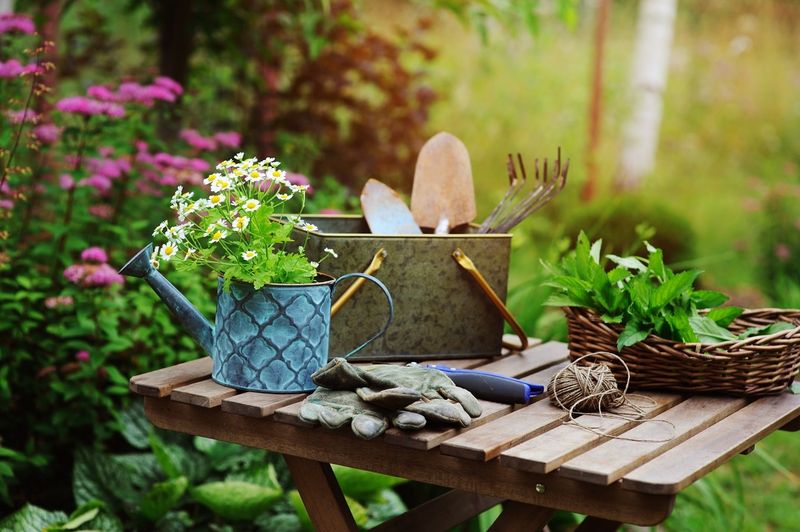
Ever thought about where vinegar can be applied? It’s versatile enough for use on various surfaces, from garden beds to patios.
However, on porous surfaces like stone, vinegar can leave stains or alter color, so caution is advised. For hard surfaces, vinegar can effectively target weeds without harming the surrounding area. Just be mindful of runoff and surrounding plants.
It’s all about knowing your surfaces and applying with care. Vinegar’s versatility makes it a handy tool, provided you use it wisely. Are you ready to put it to the test?

